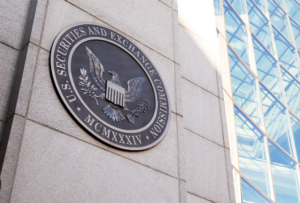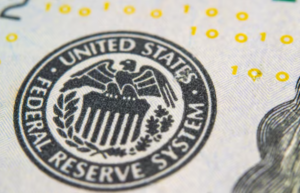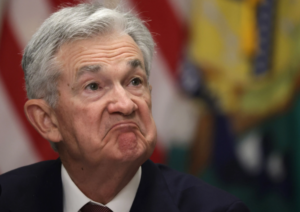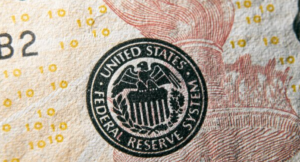$RELI $NSE $BTC
#India #RBI #InterestRates #Inflation #Economy #FinancialNews #Markets #MacroEconomics #Crypto #Investing #CentralBank #EmergingMarkets
The Reserve Bank of India (RBI) has decided to maintain its benchmark interest rate at its current level for yet another meeting, a decision that extends the pause it implemented in February of last year. The central bank continues to navigate a precarious balancing act between addressing inflationary pressures and fostering a slowing domestic economy. This steady rate policy aligns with the RBI’s cautious and data-dependent approach, particularly as global economic uncertainty persists. By keeping India’s policy repurchase rate at 6.5%, the central bank signals its stance of addressing medium- and long-term risks rather than reacting preemptively to short-term fluctuations.
India’s inflation trajectory remains a growing concern, further complicated by global developments affecting commodity and energy prices. Recent spikes in food inflation, particularly with essentials like rice and vegetables, added another layer of complexity to the RBI’s policy-making. While the central bank remains focused on keeping consumer price inflation within its targeted band of 2%-6%, it now warns that upward risks to inflation have increased, especially considering lingering geopolitical tensions and a potential resurgence in global crude oil prices. For investors, this creates an environment of uncertainty around fixed-income assets, as sustained inflation could erode real returns in both equity and debt markets over time.
The RBI’s decision comes at a time when India’s economy is grappling with a deceleration in growth. Gross Domestic Product (GDP) data for recent quarters has shown signs of weakening momentum, with the manufacturing and export sectors facing headwinds from global trade slowdowns. Despite solid gains in consumer resilience and robust demand in segments like tourism and consumer services, the overall pace of expansion remains slower than the booming post-pandemic recovery seen just a couple of years ago. Policymakers hope that by avoiding a rate hike, India can maintain conditions supportive of investment in critical infrastructure and technology sectors to sustain medium-term growth. However, lagging private investment remains a risk factor that warrants close monitoring.
Financial markets offered a mixed reaction to the Reserve Bank’s decision. Indian equity markets initially rallied modestly, with indices like the Nifty 50 and Sensex recovering ground this week, as investors viewed the rate stability as positive for business sentiment. That said, caution remains evident, as analysts highlighted vulnerabilities in foreign inflows and tighter global financial conditions exacerbated by hawkish monetary policies elsewhere, particularly in the United States. On the crypto front, cryptocurrencies like Bitcoin ($BTC) also traded in a narrow range, with investors noting India’s persistent lack of regulatory clarity on the asset class. The RBI’s decision may continue to weigh on market appetite for risk assets, with its cautious tone reflecting the broader uncertainties facing global economies.







Comments are closed.